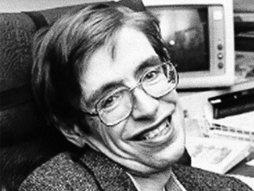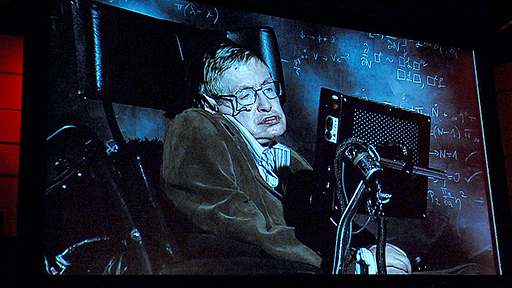Brené Brown plans a Netflix special, and more TED news
The TED community is busy as ever! Below, a few highlights. Brené Brown special planned for Netflix. As she announced on Instagram, vulnerability expert Dr. Brené Brown has partnered with Netflix for a one-hour special: The Call to Courage. In the show, Dr. Brown will explain how to embrace vulnerability as a source of power […]
Continue reading
